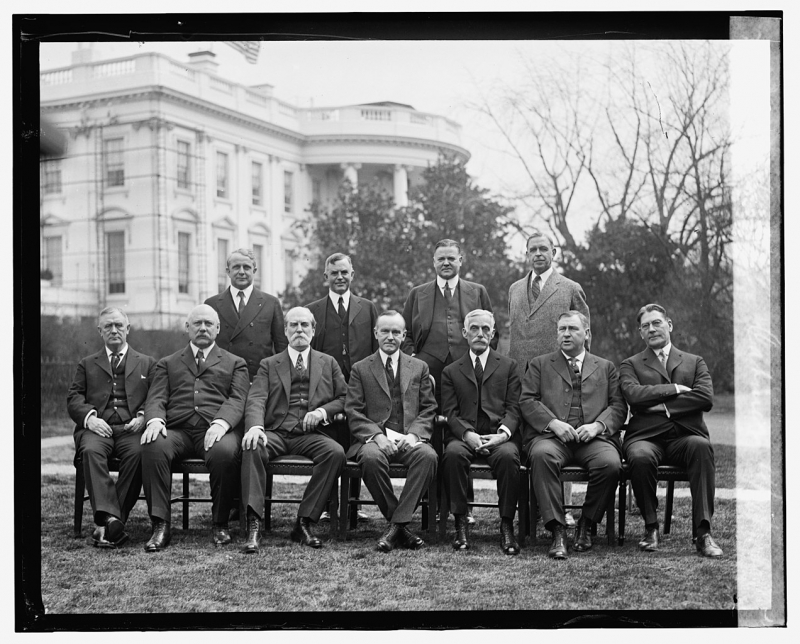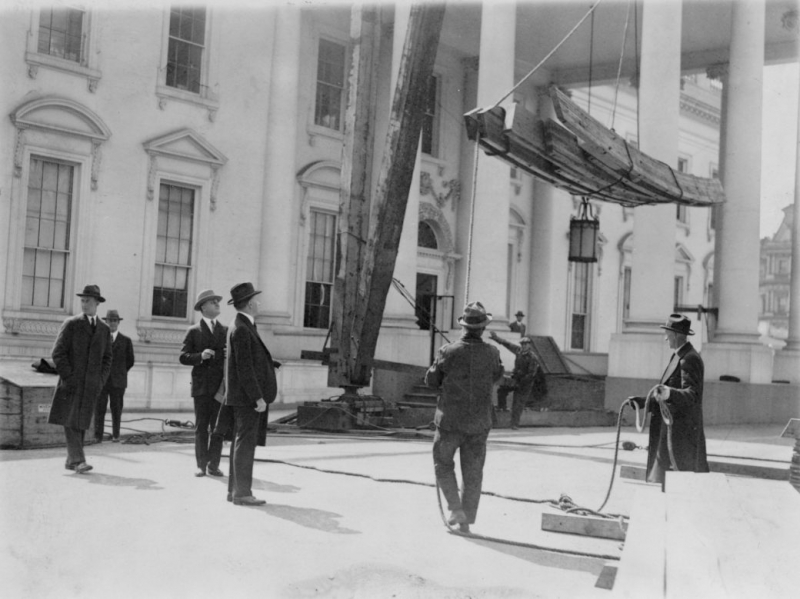He enforced regulations on radio broadcast frequencies
The Radio Act of 1927, which mandated that broadcasters in the developing medium allow political candidates who request it equal time to air their views, was signed into law on this day by President Calvin Coolidge. A similar rule mandated that candidates be given the same amount of airtime as their "most preferred advertiser" by broadcasters.
Both Rep. Wallace H. White Jr. and Sen. Clarence Dill (D-Wash.) sponsored the legislation, which was bipartisan (R-Maine). In order to control the use of the airwaves "as the public interest, convenience, or necessity" warranted, it established the five-person Federal Radio Commission. It granted the commission authority to punish violators of the legislation and cancel licenses. The Radio Act of 1912, which provided the Secretary of Commerce and Labor regulatory authority over radio, was replaced by the commission. In 1934, the Federal Communications Commission took its place.
The commission was charged with being captured by the industry it was supposed to regulate almost from the beginning. The commercial networks that were then taking over radio were rarely acknowledged in the statute. The commission "has the authority to impose special restrictions relevant to stations involved in chain transmitting," was the only unclear reference. The commission lacked any censorship powers, although “obscene, indecent, or profane language” was barred. While in theory, anything else could be aired, in practice it could weigh programming policies when renewing licenses; its ability to yank one enabled it to influence content.









